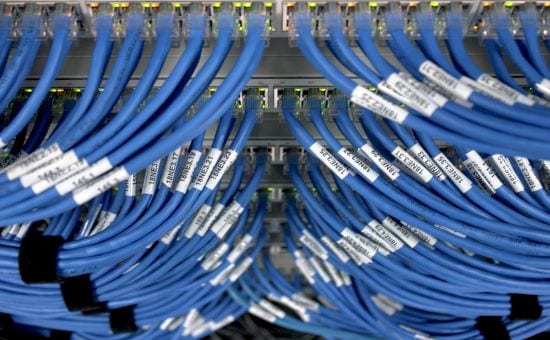Vulnerabilities with Cybersecurity and Online Communication Today
With the increase in online communication comes greater user vulnerability. Since there are more users sharing data on the web through various outlets (networks, applications, devices etc.), consequently there are greater opportunities that can lead to unwanted data sharing and privacy exposure. Currently, many cyber security initiatives are in place to try and protect users communicating online, as seen with the implementation of chatroom end-to-end encryption adopted by Viber and WhatsApp. However, there still are substantial holes in cyber security that remain and present users with barriers to communicate in a secure online space.
Vulnerabilities with Cybersecurity and Online Communication Today Transforming Online Communication Controlling Online Privacy
Online communication networks can have loopholes regarding data ownership and sharing rights. This means that the content of your conversations are not solely owned by you, but by the providing communication platform. Also, the data you are sharing while conversing can be collected for third party analytics and sometimes used for personalized marketing initiatives or machine learning purposes. This goes beyond traditional fears of hackers obtaining personal and sensitive information for criminal motives, rather using the data to learn and monitor your activity (both are undesirable).
Additionally, where you choose to host your conversations online can also limit who you can interact with, since numerous online platforms restrict communication to only those who are using the same platform. For example, Skype requires its users to create accounts and only those registered with Skype can chat together. These scenarios create divisions in online communication and compartmentalize our conversations.
Transforming Online Communication
One organization that is striving to eliminate these cybersecurity limitations is Matrix. Matrix is an open source real time communication network that offers a progressive approach to provide users with a secure online space. They have created a secure network that is universal and decentralized, so that you don’t have to rely on third parties to facilitate communication or worry about protecting your data from others. Matrix lives in a decentralized ecosystem within the web for users to engage with many servers without compromising their data or having to trust them. The structure offers a universal communication space by supplying everyone the opportunity to converse while avoiding platform restrictions or user compatibility issues, similar to the way email operates – you can send an email to virtually anyone with an email address, no matter the network, location or domain.
Matrix prides itself on making cyber security a priority and has established a network that eliminates opportunities for data sharing and advocates user data ownership, demonstrated by their end-to-end encryption feature. “Matrix has created a universal end-to-end encrypted communication fabric – we really consider this a key step in the evolution of the Internet,” said Matthew Hodgson, Matrix.org’s Technical Co-founder.
Controlling Online Privacy
We should all be more aware of the networks, platforms and applications we use when communicating on the web, since there are still apparent limitations with cyber security and online data privacy. Matrix offers an alternative secure network that improves communication, but they are not the only ones making the internet a more secure place. We’ve already seen an increase in online communication platforms making strides towards enhancing user data protection and we hope that more make it a priority to join the bandwagon.

